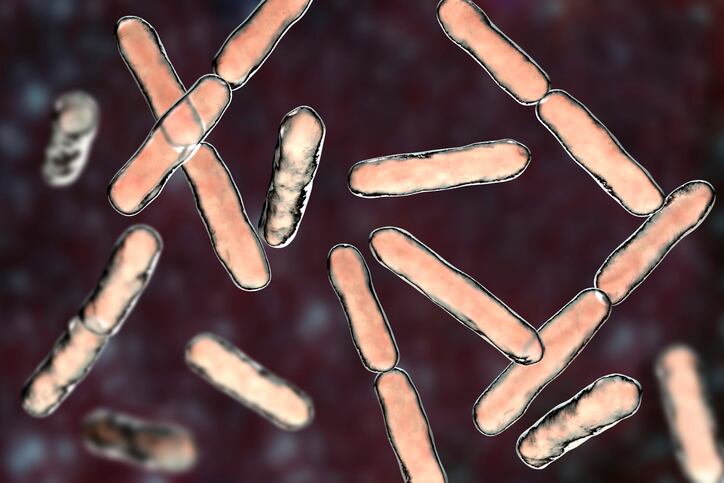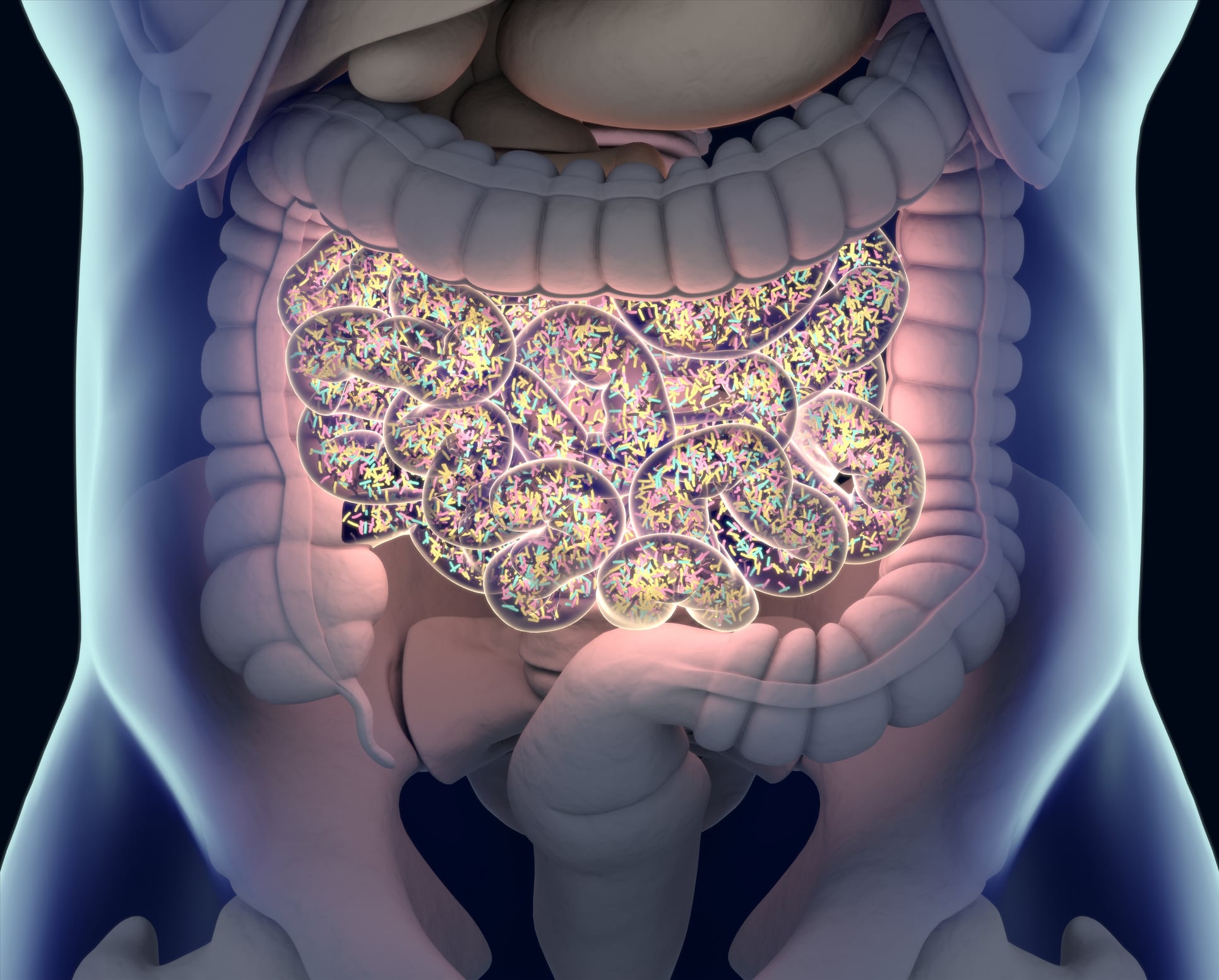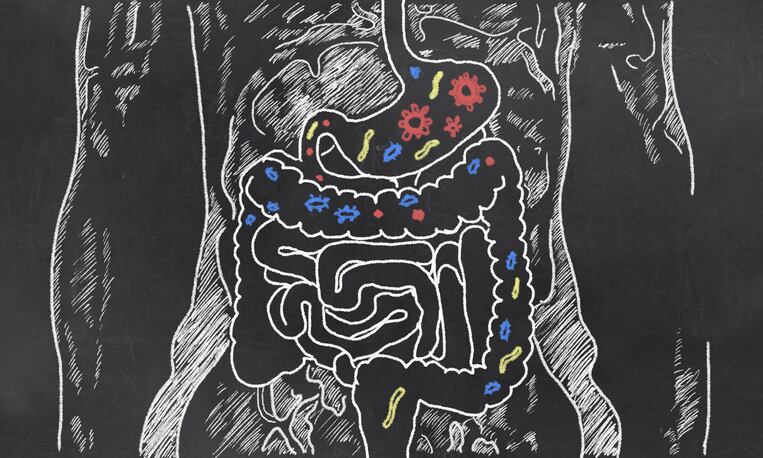In a report published yesterday (June 10) in the journal Cell, researchers from at Princeton University evaluated how a person's intestinal microbial community affects the metabolism of oral medications.
The study differs from previous studies which have examined how single species of gut bacteria can metabolise oral medications, as it evaluated the entire intestinal microbial community at once.
"Basically, we do not run and hide from the complexity of the microbiome, but instead, we embrace it," said Mohamed S. Donia, assistant professor of molecular biology. "This approach allows us to gain a holistic and more realistic view of the microbiome's contribution to drug metabolism."
The team used the approach to evaluate the gut microbiome's effect on hundreds of common medications already on the market. The intestines are the primary region where pills and liquid medications are absorbed into the body.
The researchers identified 57 cases in which gut bacteria can alter existing oral medications - Eighty percent of those had not been previously reported.
These alterations range from converting the medicine into an inactive state - which can reduce its efficacy - to converting the drug into a form that is toxic, potentially causing side effects.
Systematic evaluation
The framework involves four steps for systematically evaluating the intestinal microbiome's effect on drugs.
First, the researchers collected 21 fecal samples collected from anonymous donors and catalogued the bacterial species living in each individual. They found that the donors each had a unique microbial community living in their guts, and that the majority of these personalised communities can be grown in a lab culturing system that they developed.
Next, they tested 575 FDA-approved drugs to see if they are chemically modified by one of the 21 cultured microbiomes, and then tested a subset of the drugs with all the cultured microbiomes. Here, they found microbiome-derived metabolites that had never been previously reported, as well as ones that have been reported in humans and associated with side effects but their origins were unknown. They found cases where all the donor microbiomes performed the same reactions on the drug, and others where only a subset did.
To understand exactly how the transformations occurred, they traced the source of the chemical transformations to particular bacterial species and to particular genes within those bacteria. They also showed that the microbiome-derived metabolism reactions that are discovered in this manner can be recapitulated in a mouse model.
Roundworm model
In another report, published on May 22nd in Nature Communications, University of Virginia scientists found that diet can cause microbes in the gut of roundworms to trigger changes in the host's response to a chemotherapy drug.
They found that common components of our daily diets (such as amino acids) could either increase or decrease both the effectiveness and toxicity of the drugs used for cancer treatment.
The team said their discovery, made using a new lab model with roundworms, could have major implications for predicting the right dose and better controlling the side effects of chemotherapy, the researchers report. The finding also may help explain differences seen in patient responses to chemotherapy.
Researchers have observed that probiotics and prebiotics and the microbiome affect chemo treatment outcomes before. However, this is the first time that the underlying molecular processes have been fully dissected.
Dr Eyleen O'Rourke, of UVA's College of Arts & Sciences, the School of Medicine's Department of Cell Biology and the Robert M. Berne Cardiovascular Research Center, said: "The first time we observed that changing the microbe or adding a single amino acid to the diet could transform an innocuous dose of the drug into a highly toxic one, we couldn't believe our eyes.
"Understanding, with molecular resolution, what was going on took sieving through hundreds of microbe and host genes. The answer was an astonishingly complex network of interactions between diet, microbe, drug and host."
The changes that diet triggers on the microorganisms can increase the toxicity of a chemotherapeutic drug up to 100-fold, the researchers found.
Wenfan Ke, a graduate student and lead author of the study, said: "The same dose of the drug that does nothing on the control diet kills the [roundworm] if a milligram of the amino acid serine is added to the diet."
Further, the data showed that single dietary changes can shift the microbe's metabolism and, consequently, change or even revert the host response to a drug.
The researchers' new model is an extremely simplified version of the complex microbiome found in people. Roundworms serve as the host, and non-pathogenic E. coli bacteria represent the microbes in the gut. In people, the relationships among diet, microorganisms and host is vastly more complex, and understanding this will be a major task for scientists going forward.
They used this tractable system that enables molecular dissection of four-way diet, drug, microbe, and host interactions in vivo. With this four-way model system they dissected the microbe and host response to FUdR (Floxuridine), and how they both change when serine is supplemented to the diet.
They conclude: "Dietary thymidine and serine enhance 5-fluoro 2′deoxyuridine (FUdR) toxicity in C. elegans through different microbial mechanisms. Thymidine promotes microbial conversion of the prodrug FUdR into toxic 5-fluorouridine-5′-monophosphate (FUMP), leading to enhanced host death associated with mitochondrial RNA and DNA depletion, and lethal activation of autophagy. By contrast, serine does not alter FUdR metabolism.
"Instead, serine alters E. coli’s 1C-metabolism, reduces the provision of nucleotides to the host, and exacerbates DNA toxicity and host death without mitochondrial RNA or DNA depletion; moreover, autophagy promotes survival in this condition."
The authors predict that one day, doctors may give patients not just prescriptions but detailed dietary guidelines and personally formulated microbe cocktails to help them reach the best outcome.
The team noted that drug developers will need to take steps to account for the effect of diet and microbes during their lab work. For example, they will need to factor in whether diet could cause the microorganisms to produce substances, called metabolites, that could interfere or facilitate the effect of the drugs.
They suggest that the complexity of the interactions among drug, host and microbiome is likely 'astronomical'. Much more study is needed, but the resulting understanding, they say, will help doctors "realise the full therapeutic potential of the microbiota".
O'Rourke added: "The potential of developing drugs that can improve treatment outcomes by modulating the microbes that live in our gut is enormous.
"However, the complexity of the interactions between diet, microbes, therapeutics and the host that we uncovered in this study is humbling. We will need lots of basic research, including sophisticated computer modelling, to reveal how to fully exploit the therapeutic potential of our microbes."
Source: Cell
Javdan. B., et al
"Personalised Mapping of Drug Metabolism by the Human Gut Microbiome"
DOI:https://doi.org/10.1016/j.cell.2020.05.001
Source: Nature Communications
Ke, W., Saba, J.A., Yao, C. et al.
"Dietary serine-microbiota interaction enhances chemotherapeutic toxicity without altering drug conversion"
https://doi.org/10.1038/s41467-020-16220-w





